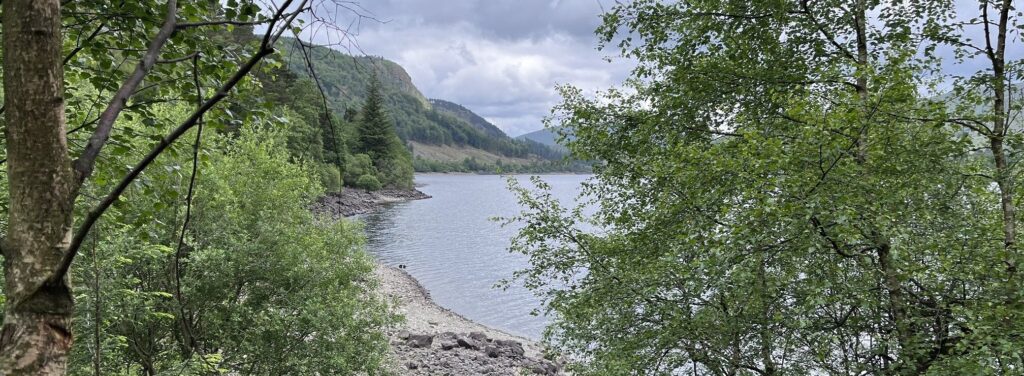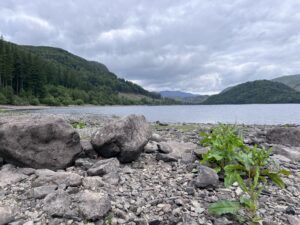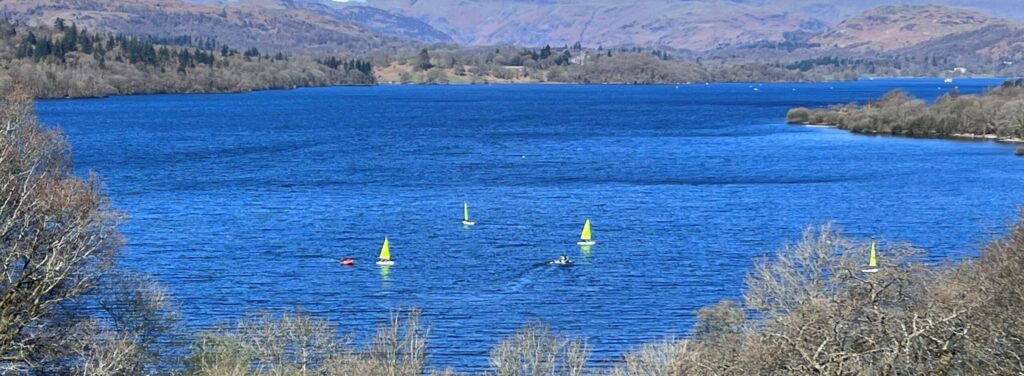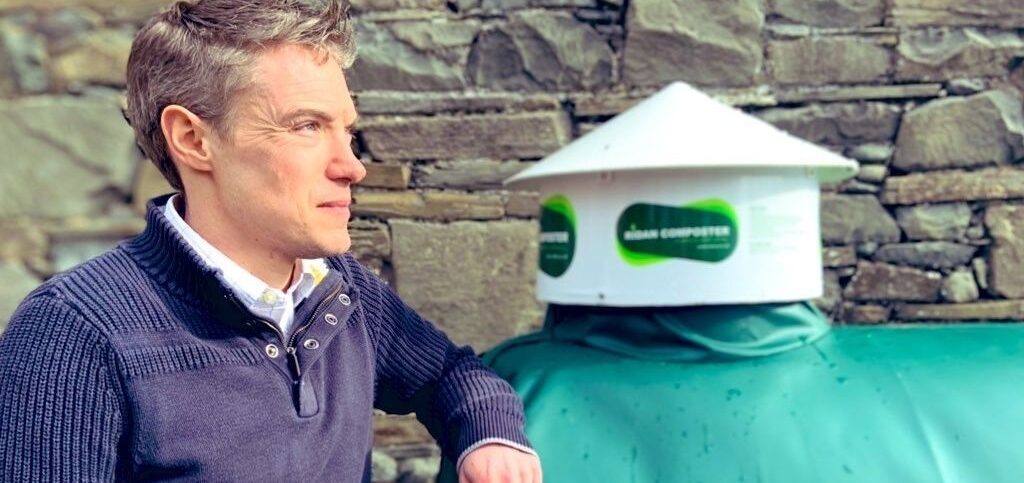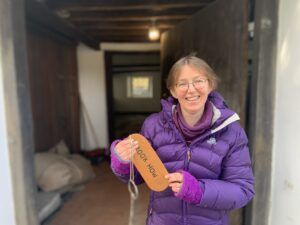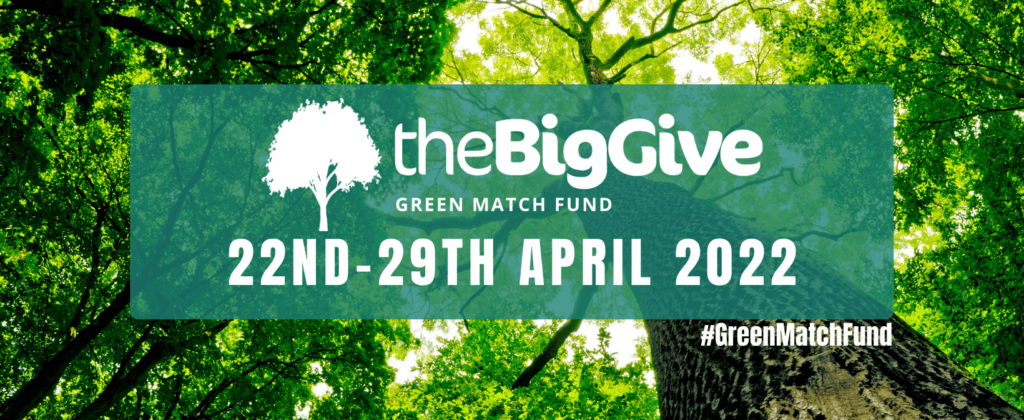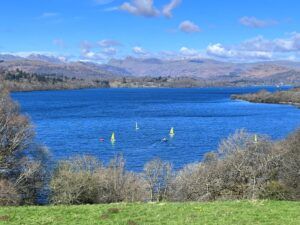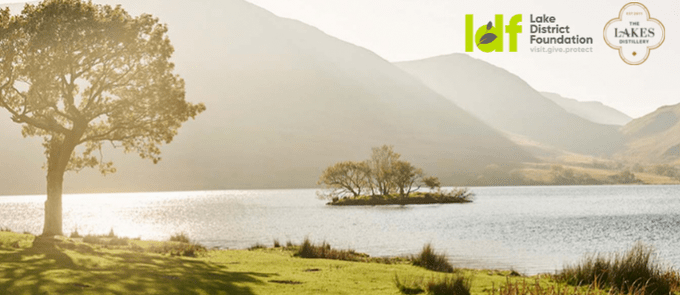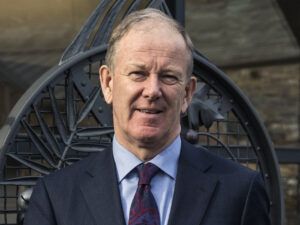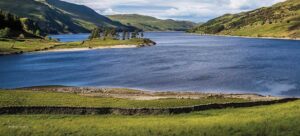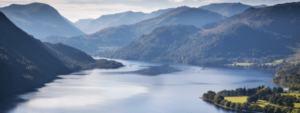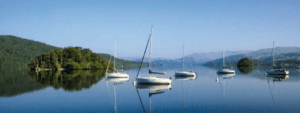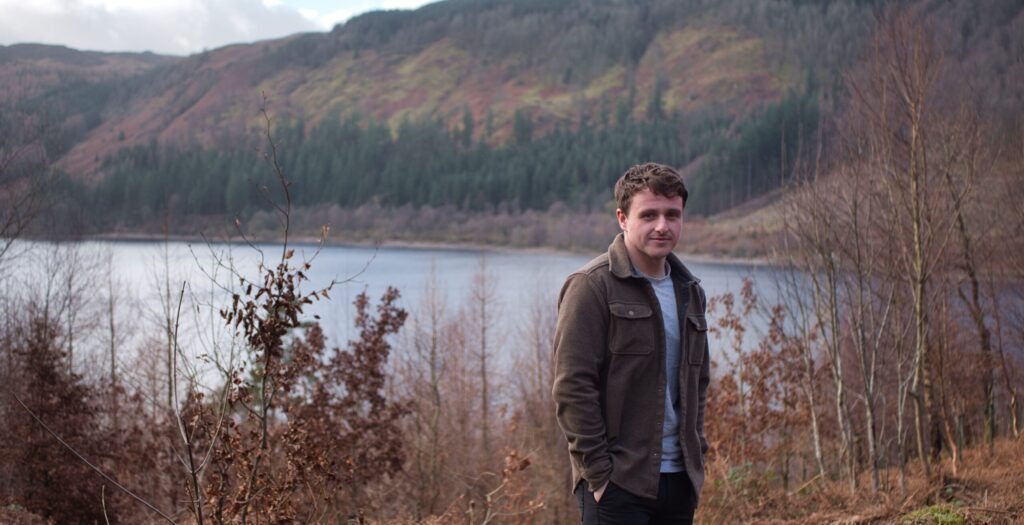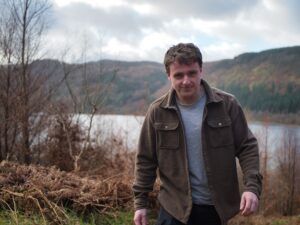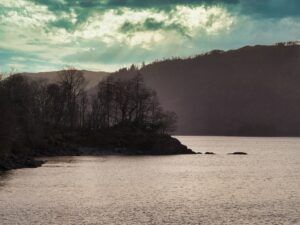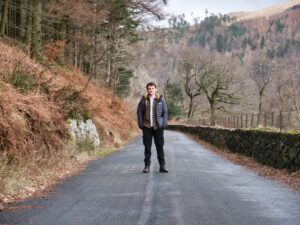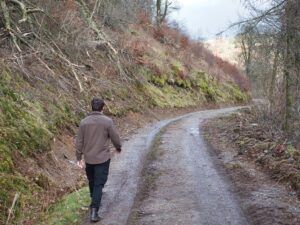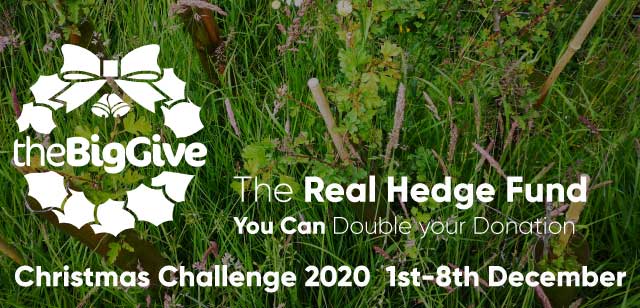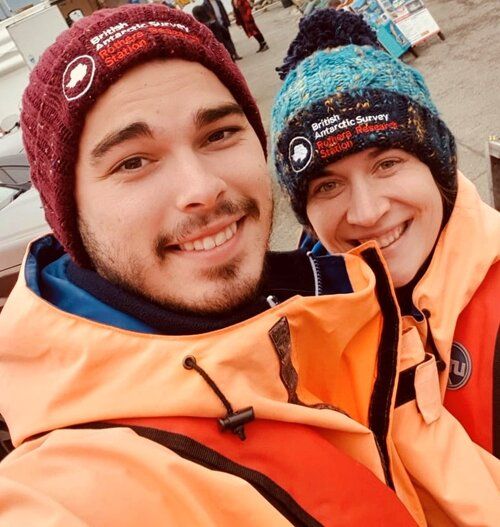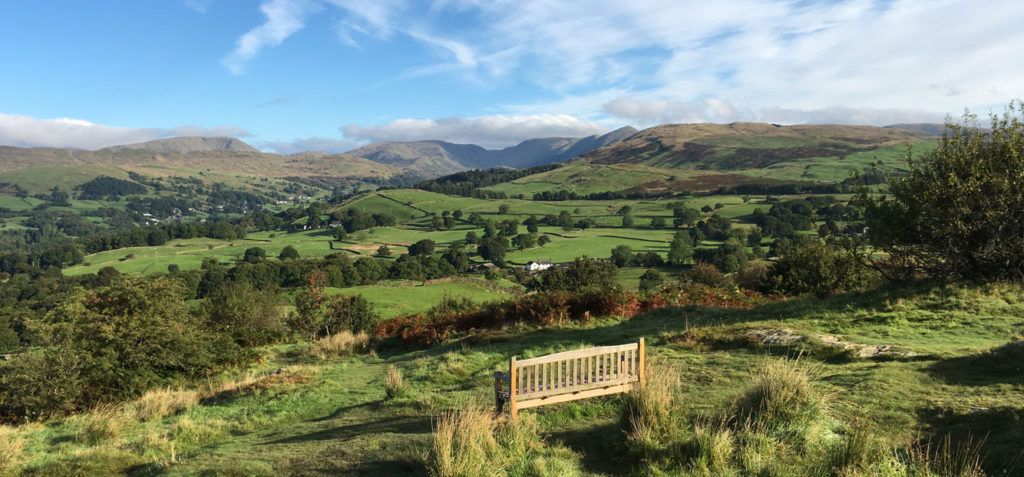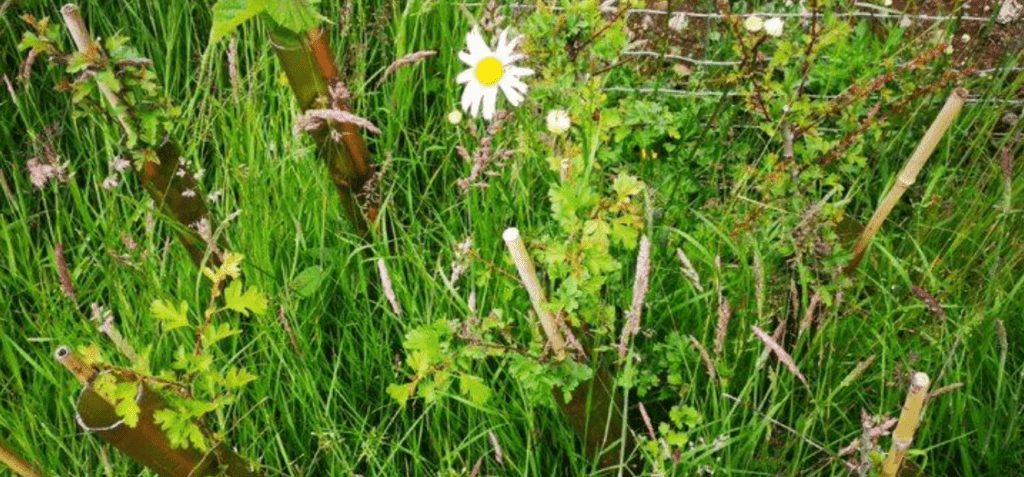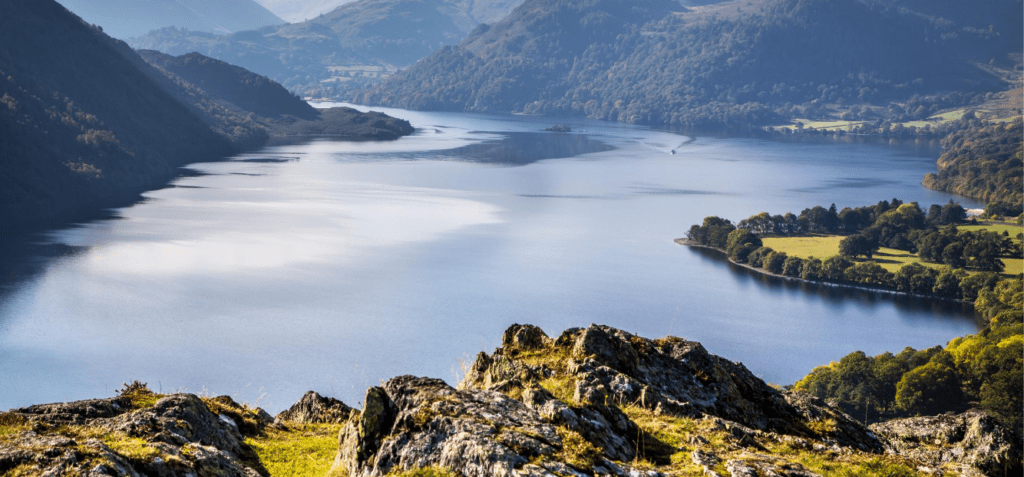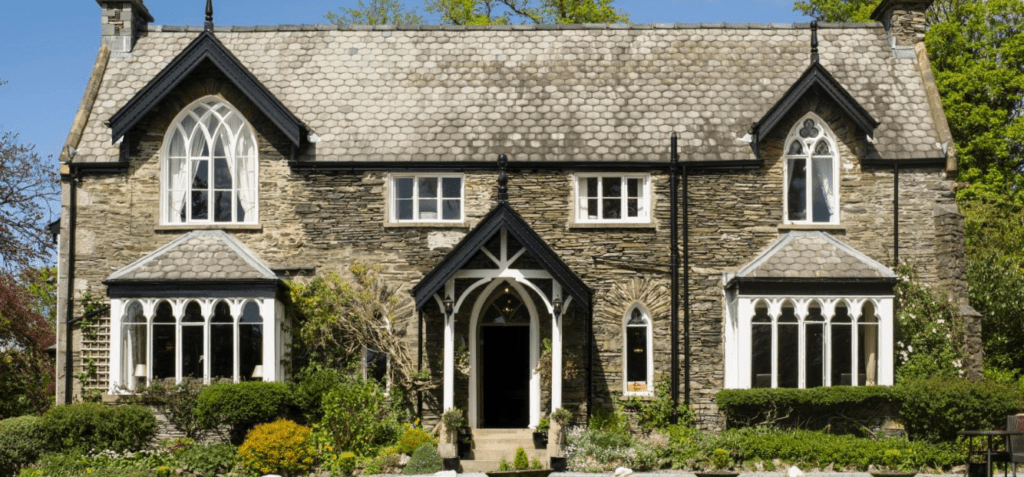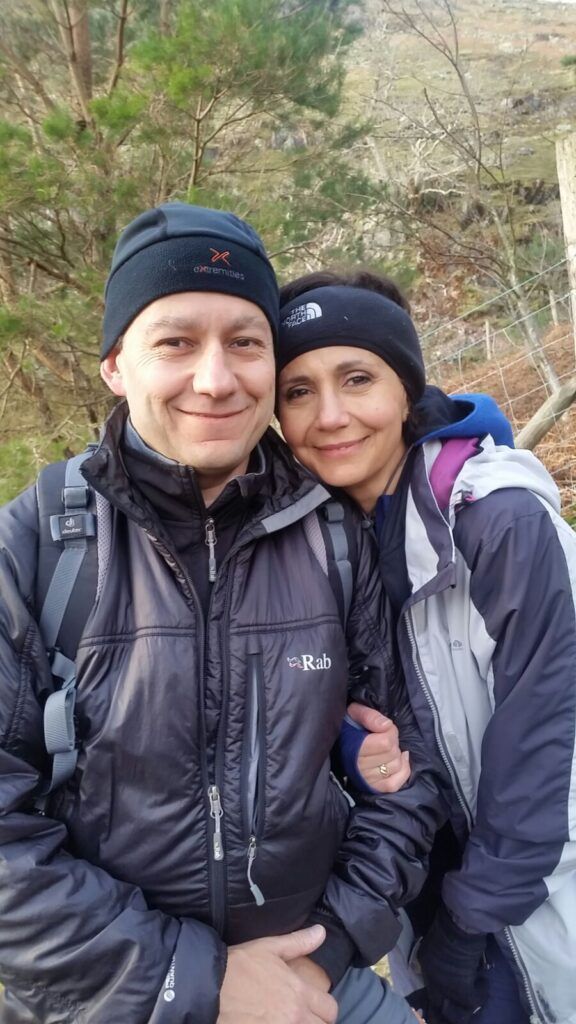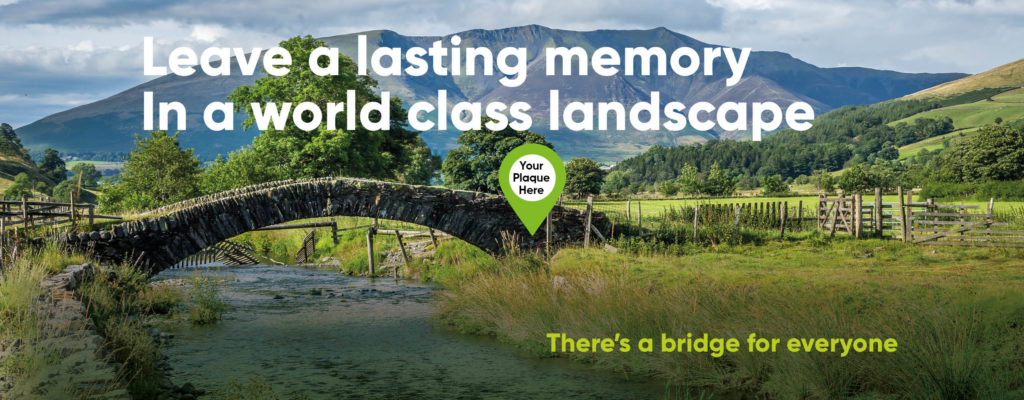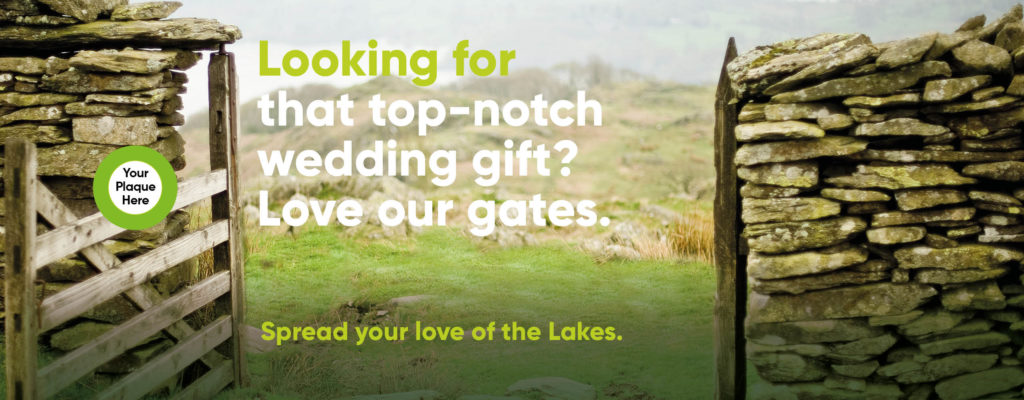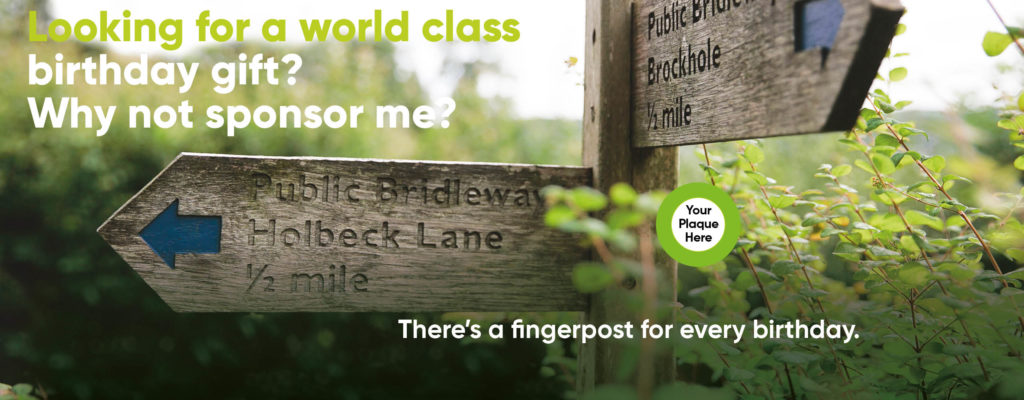
Fifty-eight Cumbrian businesses have received grants totaling almost £1m to reduce their carbon footprint.
They have benefitted from the Low Carbon Lake District Fund administered by The Lake District Foundation.
Over three years the fund has supported small to medium-sized businesses across the length of the Lake District including village shops, hotels, community-owned pubs, cinemas, breweries and arts venues.
They have received funding for everything from electric vehicle charging points, LED lighting, air source heat pumps, solar panels, and more environmentally friendly appliances.
It is estimated that resulting carbon savings of all these projects amounts to more than 400 metric tons.
One of the successful applicants is Rebel Gelato – a plant-based ice cream company set up last year and based in Kendal.

Fiona Quinn from the company said: “The grant has been invaluable in enabling us to buy energy efficient equipment from day one. We started our plant-based gelato business in June 2022 and were able to utilise highly energy efficient freezers – a core aspect of the business.
“We were keen to be as sustainable as possible and we wouldn’t have been able to make this kind of investment in energy efficient equipment without the grant.”
Another of the successful applicants – the 108-year-old Keswick Alhambra Cinema – received funding for 30 solar panels.
The £14,000 award from the Low Carbon Fund covered around 40% of the installation cost.

Carol Rennie, co-owner of the cinema said: “We’re so grateful for the Low Carbon Lake District Fund. The solar panels will generate around a third of the cinema’s electricity needs and reduce our CO2 input considerably.”
The Victorian House Hotel in Grasmere (pictured below) also benefits from solar panels.

Serena von der Heyde, Victorian House owner said: “A huge part of our carbon footprint is the energy we consume. Our new solar panels are up and running and contributing renewable energy to the electricity that we use. This is a massive step forward for us and we could never have afforded the initial investment without the grant support from the Lake District Foundation.
“It has been a game changer – accelerating our progress towards becoming a carbon neutral business.”
Qualifying groups and businesses were awarded up to 60% of project costs, with all projects completed by spring 2023.

Crosby Granger Architects will get solar panels at their Low Fellside base.
Chris Granger, Director Architect from the company said: “With so much uncertainty around energy costs, this funding stream allowed us to make pro-active steps at reducing our day to day running costs while also doing our bit to reduce our impact on the environment.”
Sarah Swindley, Chief Executive Lake District Foundation said: “We are delighted to support more than 90 businesses across the Lake District with their fantastic projects that all designed to reduce carbon emissions.
“This comprehensive programme to help tackle climate change in the National Park has been a big success. It has been great to see local businesses and communities working to reduce greenhouse gases and prepare for the impacts of climate change”.
Delivered by The Lake District Foundation, the Low Carbon Lake District Fund is led by the Lake District National Park Authority, other key partners include the National Trust, South Lakeland District Council (now Westmorland and Furness Council) and Cumbria Tourism. The Fund is supported by the European Structural Investment Fund.
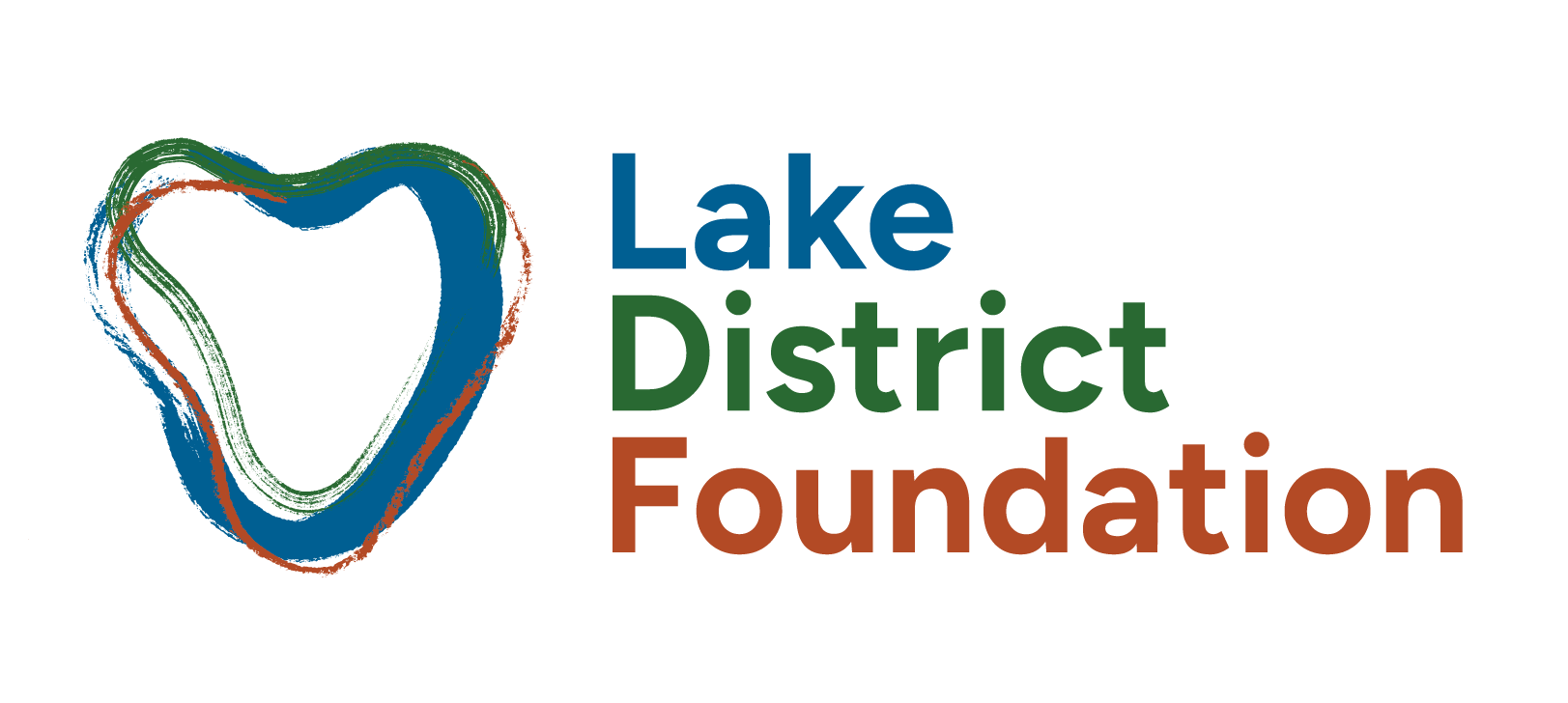
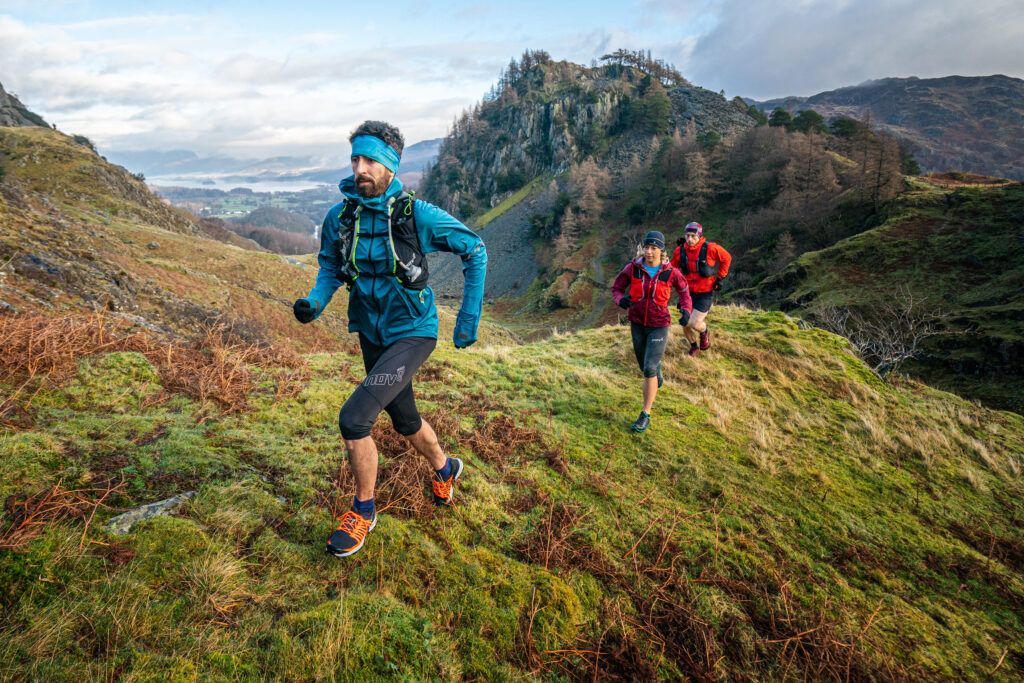
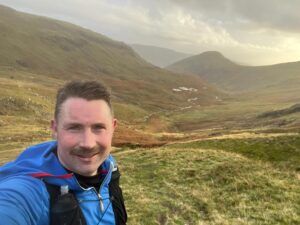
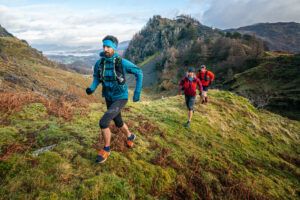
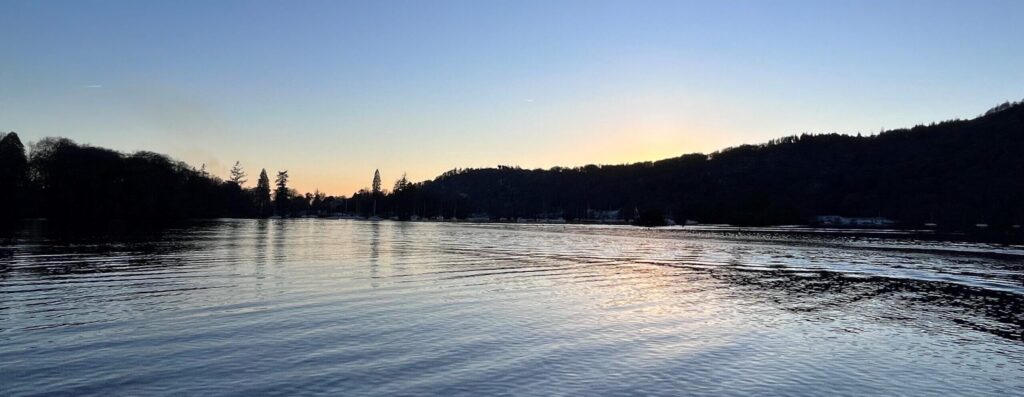
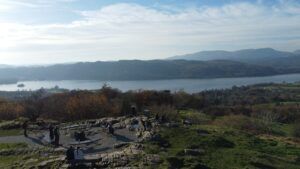












 A group of organisations from across Cumbria has come together in partnership to ensure that Windermere gets the focus it needs to face a challenging future.
A group of organisations from across Cumbria has come together in partnership to ensure that Windermere gets the focus it needs to face a challenging future.
